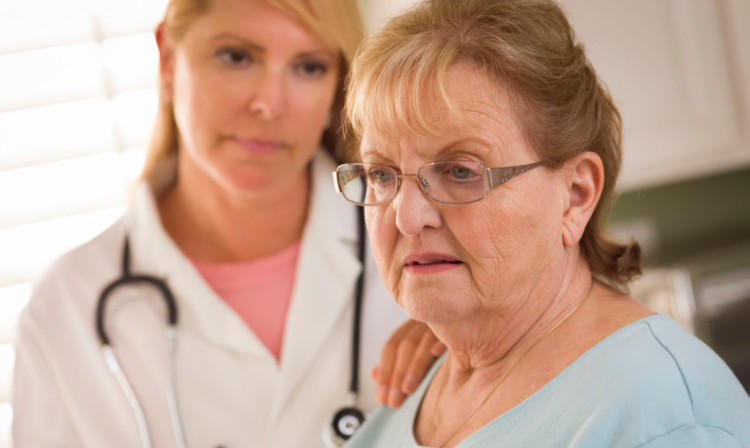
Foreign-trained medics are essential to NHS but may not have received UK gold standard training.
An army of more than 13,000 foreign-trained doctors are keeping the NHS in England running.
New figures have revealed the extent of the overseas help that the NHS needs to maintain staffing levels.
However experts have warned that using so many foreign medics may put patients at risk.
It comes after the Government launched a consultation about introducing new rules to check doctors can speak English.
This followed the case of a German-trained doctor who killed a patient with a massive overdose of medicine.
Dr Daniel Ubani later admitted he had never heard of the drug because it was not commonly used by GPs in his native country.
More than 100 nations are represented in the list of countries where doctors did their training.
Around a third of NHS doctors were trained outwith the UK. That means anyone going to hospital has a one in three chance of being treated by someone who learned medicine in the likes of Uzbekistan, Sierra Leone or Ecuador rather than in one of the UK’s gold standard medical schools.
Professor J Merion Thomas, senior surgeon at London’s Royal Marsden Hospital, has warned of potential concerns over having so many foreigners working in the NHS.
He told The Sunday Post: “Importing doctors from abroad might not be a bad thing if there were any guarantee the entry criteria to foreign medical schools were as rigorous as our own.”
A recent General Medical Council survey found foreign trained doctors were four times more likely to be struck off or suspended than those who’d been to a British medical school. The countries providing most doctors to the English NHS are India, Ireland, Pakistan and South Africa.
But medics from almost all countries from Afghanistan through to Zambia are working within the NHS.
The statistics on doctors who have trained overseas were revealed to Lib Dem peer Lord Roberts of Llandudno.
“Overseas-qualified doctors are essential to the NHS,” he said, “so let’s value their contribution. At the same time, let’s ensure there are more training places in British medical schools to lighten the load on these
international visitors.
“Of course we must recruit the very best. And we must ensure that all doctors are fully trained with the right language skills.”
The General Medical Council has been calling for tougher language tests for foreign doctors ever since the Ubani case in 2008. In 2011, the then Health Secretary Andrew Lansley brought in guidelines, rather than legislation, which barred medics from working on wards until they had a good grasp of English.
This was in response to the staggering 23,000 European doctors who were registered on the NHS without being asked if they spoke the language.
Under the Government’s latest plans, the General Medical Council will be allowed to withhold a medic’s licence to practise if there are concerns about their ability to speak English.
Once that rule is on the statute book, similar measures will be introduced for nurses, dentists and other health professionals.
A Department of Health spokesperson said: “We set up Health Education England, the first ever independent body to focus on NHS training and education, earlier this year to ensure we have the right NHS workforce.
“We are working with them to make sure we have a more self-sufficient NHS. It takes 10 to 15 years to train a doctor, so this balance will change over coming years.”

Enjoy the convenience of having The Sunday Post delivered as a digital ePaper straight to your smartphone, tablet or computer.
Subscribe for only £5.49 a month and enjoy all the benefits of the printed paper as a digital replica.
Subscribe